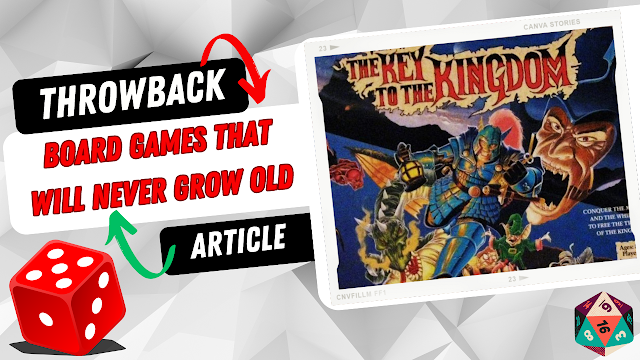When Life on Mars: Genesis was announced, I was excited due to the fact that there were so few (if any) Metroidvania titles on the Mega Drive. I’m a fan of the genre, especially the shorter, snappier releases such as Shadow Complex.
Presented in a classic black clamshell MD box, the front artwork shows the protagonist embroiled in a gunfight between mutants, whilst standing in front of a cryogenic pod of some sort containing an extremely buxom woman. The artwork is delicious and hurtles straight out of the ‘90s, and captures the essence of the game, which very much involved blasting bad guys whilst rocking a cool space suit.
Much like the previous release by Kai Magazine Software - Metal Dragon – Life on Mars: Genesis also features a reversible cover with design styles that represent different eras of the Mega Drive lifespan. I -again – opted for the classic look. There’s also a nice touch in that several art cards are included, all in a similar vein to the cover art, which is welcomed. I did think that there was a duplicate card in there, but upon closer inspection, I could see that one of the cards had been ‘de-boobed’ for the more reserved gamers out there.
The instruction booklet is presented as an operations manual for the science colony, which is quite cool. Full-colour and written from an in-game perspective, the approach and subtle use of humour – far less than in Metal Dragon – bleeds through to the game itself, in the brief bursts of dialogue contact you have with those still aboard the U.N.S.S Barcelona whilst planet side.
The game begins with you landing on Mars and making your way alongside a parallax-scrolling background to the colony itself, which is very clearly split off into various sections, tied together with a central lift. In true Metroidvania fashion, you’ll need to pick up suit and weapon upgrades in each area in order to make your way through to previously locked-off locations.
Whilst the gameplay is accessible, the controls are clear, and the visuals are chunky and strong, the music – whilst really creating an atmospheric mood - does feel overly looped. It’s wonderfully industrial, doom-laden stuff that completely suits the atmosphere, but I found that it got repetitive relatively quickly. If the loops were a minute or so longer, it would really have breathed life into the soundtrack a little more. That said, the initial impact of the bass-heavy, thumping percussion is classic Mega Drive stuff.
In terms of combat, there are a handful of enemy types in each area of the colony, and you have to work out the best approach for each, which is down to a combination of timing, not getting rushed, and conservation of your weapon energy – which automatically recharges.
I also enjoyed the gameplay loop and inbuilt difficulty, in that you can replay areas to pick up extra energy to upgrade your weapons, shields and abilities, so that if you come up to a boss that hands you your ass in a jar within nano-seconds, a few blasts through the other areas – which becomes oddly hypnotic as you can breeze through, taking out enemies in a single shot once powered-up – will see you taking off chunks of the boss’ health upon your second meeting, should you wish to mow it down through raw power as opposed to a more finesse-laden approach. Regular save points are also a nice touch that add to the breeziness of gameplay, making this suitable for longer sessions or quicker blasts if you have personal time constraints.
I had my main session on Life on Mars: Genesis after a few glasses of wine, and I really got hips deep into it. The overall moody tone, crisp simplicity of the design, and smoothness of play combined with the fact that it’s a game in an extremely rare genre on one of my favourite systems meant that I was in heaven.












No comments:
Post a Comment
Like what you see in the Games Freezer?
Why not tell us what you think with a few well-chosen comments? :)
Note: only a member of this blog may post a comment.